
Breach of Contract in Bollywood: A Contractual Analysis of Maddock Films’ Bhool Chuk Maaf Dispute with PVR Inox
Introduction
Recent events that have taken place in connection with the release of Bhool Chuk Maaf have shed light on the significance of film producers and exhibitors adhering to the terms of their agreements. These events have brought to light the importance of adhering to the terms of their agreements. “Maddock Films abruptly shifted the Rajkummar Rao and Wamiqa Gabbi starrer from a planned theatrical debut on May 9, 2025 to a direct release on Amazon Prime Video on May 16, 2025, citing national security concerns after terror attacks in Pahalgam ThePrint.” It was planned that the movie would be released in theaters for the first time on May 9th, 2025. As a result of this, PVR Inox made the decision to initiate legal proceedings regarding a sum of sixty crore rupees, claiming that there was a blatant violation of the agreement that was signed on May 6, 2025. According to the story from The Times of India, this contract had provided them with an exclusive theatrical window that lasted for exactly eight weeks. According to a report by ThePrint Hindustan Times, the Bombay High Court has given an ad-interim injunction with the intention of postponing the premiere of the over-the-top (OTT) service until the holdback period has come to an end. In light of this argument, it is essential to take into consideration the potential financial, reputational, and legal difficulties that may arise as a result of one party unilaterally modifying a release plan without the approval of the other side.
The historical setting of the movie and the first public relations plan for its release
Bhool Chuk Maaf is a romantic comedy that was produced by Dinesh Vijan under the Maddock Films brand. The subject matter of the film is science fiction, and it is a romantic comedy. Rajkummar Rao and Wamiqa Gabbi are the two actors who play the key parts in the movie. In accordance with The Times of India and Hindustan Times, the movie was supposed to be released in theaters across the entirety of India on May 9, 2025. PVR Inox, the most prominent multiplex chain in the country, had already reserved screens and had started advertising operations several weeks in advance of the event. On the other hand, Maddock Films published a statement on May 8, 2025, declaring that “in light of recent events and the heightened security drills across the nation,” they would forgo theaters and rather launch the film via Amazon Prime Video on May 16, 2025, according to ThePrint. However, the suddenness of the decision caught exhibitor partners off guard, despite the fact that the stated rationale referred to concerns regarding national security in the wake of terrorist assaults in Pahalgam and activities related to terrorist acts.
PVR Inox had previously made investments in marketing, advance tickets, and contractual arrangements with theater administrators, as was the case, according to individuals working in the field. The short notice caused the theater run to be canceled, which resulted in the loss of money that had already been spent on advertising as well as the prospect of a loss of foot traffic during a vital release window.
For any queries or to publish an article or post or advertisement on our platform, do call at +91 6377460764 or email us at contact@legalmaestros.com.
Even though digital platforms have become an essential distribution channel, they frequently coexist with a predefined period of theatrical exclusivity. This is the case even though digital platforms have emerged as that channel. This time frame is frequently referred to as the “holdback window,” and its primary purpose is to protect the financial interests of cinemas about their revenue. This strategy is becoming increasingly prevalent in Bollywood with the intention of ensuring that production companies and exhibitors share risks and rewards in a manner that is fair and equitable.
For More Updates & Regular Notes Join Our Whats App Group (https://chat.whatsapp.com/DkucckgAEJbCtXwXr2yIt0) and Telegram Group ( https://t.me/legalmaestroeducators )
A contractual arrangement existed between Maddock Films and PVR Inox when they came to an agreement with each other.
For any queries or to publish an article or post or advertisement on our platform, do call at +91 6377460764 or email us at contact@legalmaestros.com.
On the sixth of May, 2025, Maddock Films and PVR Inox signed a formal agreement that described the release strategy for the film Bhool Chuk Maaf. This agreement was signed by both parties. The terms stipulate that the picture would be released in theaters for an exclusive period of eight weeks before it may be made available on any over-the-top (OTT) or other digital platform from the moment it was released. For the purpose of maximizing box-office income and protecting investments in theatrical promotion, this clause is a regular element that is included in distribution contracts. In addition, the contract indicated that PVR-Inox would be responsible for handling screen allocation, marketing tie-ups, and advance bookings, while the producer would be responsible for providing deliverables, censorship certificates, and promotional materials in a timely way.
Later on, the legal representative for Maddock Films claimed in front of the court that the eight-week holdback was contingent upon an actual theatrical release. This implied that the clause would not be enforceable if theaters did not play the film. PVR Inox, on the other hand, contended that the time the deal was signed, they agreed to fulfill promotional duties on the basis of the assumption that the theatrical run would resume. This meant that the holdback would be applicable regardless of any future modifications. This disagreement in interpretation turned out to be the central point of contention in the breach-of-contract issue.
There are several grounds for PVR Inox’s claim of breach of contract.
For any queries or to publish an article or post or advertisement on our platform, do call at +91 6377460764 or email us at contact@legalmaestros.com.
In the case filed by PVR Inox, which was valued at ₹60 crore, it was argued that Maddock Films’ decision to cancel the theatrical distribution at the eleventh hour was an obvious and unreasonable breach of the agreement that was made on May 6th, according to The Times of India Journal. The chain of exhibitors maintained that they had “fulfilled all obligations by promoting the film, reserving screens, and offering tickets,” and that the sudden decision to switch to over-the-top (OTT) would “affect its reputation and goodwill” among customers and exhibitors, according to ThePrint.
Additionally, PVR Inox asserted that it had suffered significant financial losses as a result of lost advertising investments, made retrospective obligations to theater owners, and decreased ancillary earnings from concessions that were connected to the anticipated number of people who would watch the film Hindustan Times. They also argued that the digital release of the film would reduce the likelihood of ticket sales, which would undermine the commercial sustainability of theatrical distribution for family-friendly films, particularly in smaller areas where the penetration of over-the-top (OTT) services is still low.
In response, Maddock Films emphasized unprecedented circumstances, specifically worries over national security. They said that these events required an emergency shift in distribution strategy in order to safeguard the safety of the public. In their assertion, the producers said that the clause that allowed for an eight-week holdback would be made irrelevant in the event that the picture did not really play in theaters, so enabling a straight debut on over-the-top (OTT) platforms without incurring any penalties.
For any queries or to publish an article or post or advertisement on our platform, do call at +91 6377460764 or email us at contact@legalmaestros.com.
Legal proceedings and decisions made by the court
It was on May 9th, 2025 when PVR Inox submitted its lawsuit to the Bombay High Court. According to the Justice Arif Doctor granted ad-interim relief in favor of PVR-Inox, which prevented Maddock-Films and its associates from releasing Bhool-Chuk-Maaf on any platform, including over-the-top (OTT) platforms, until the eight-week holdback period from the date of the project’s intended theatrical release. The temporary ruling issued by the court emphasized that PVR Inox had behaved in good faith by engaging in promotion, and that a sudden withdrawal would cause irreparable injury to the company’s financial interests.
PVR Inox’s legal representative, Dinyar Madon, contended during the hearings that the producers’ abrupt termination of the agreement was unjustified and that monetary compensation alone would not be sufficient to protect the theater chain’s reputation and goodwill.
Venkatesh Dhond, the attorney for Maddock Films, argued that the holdback clause was only applicable in the event that the film was actually shown in theaters. He urged the court to either reject the injunctive relief or to restrict any injunction to simply include damages.
For any queries or to publish an article or post or advertisement on our platform, do call at +91 6377460764 or email us at contact@legalmaestros.com.
The next complete hearing is slated to take place on June 16, 2025. During this hearing, the court will review the merits of the case, which will include the substance of the holdback clause, the impact of national security issues, and the proper remedy for breach. In the event that the court decides in favor of PVR Inox, it has the ability to either award considerable damages for losses that have been sustained or to impose specific performance, which would require the theatrical release.
Implications for the Industry and the Instructions Obtained
This issue serves as a jarring reminder that in the quickly developing distribution environment of Bollywood, the transition towards digital platforms must be negotiated with caution while adhering to the terms of any existing contracts. Indiatimes, the case has the potential to establish a precedent regarding the interpretation of “holdback” agreements in situations where extraordinary circumstances are present. Producers may now be more wary about unilaterally shifting release dates without first obtaining written approval from exhibitors. On the other hand, multiplex chains may demand on more stringent penalty clauses or larger minimum guarantees in order to protect themselves against unanticipated cancellations.
From the perspective of legal practitioners, the disagreement serves as an illustration of the significance of crafting specific force-majeure or emergency-release provisions that explicitly address eventualities such as security concerns or interruptions similar to those caused by a pandemic. These clauses can establish a course of action for renegotiation rather than the complete termination of the contract, so lowering the likelihood of legal action being taken.
For any queries or to publish an article or post or advertisement on our platform, do call at +91 6377460764 or email us at contact@legalmaestros.com.
It is possible for exhibitors to reevaluate their promotional strategy, which may involve the negotiation of option fees or advance payments that are non-refundable in the event that modifications are made at the eleventh hour. This has the potential to result in a more equitable distribution of risks between distributors and producers. In response, producers may choose to structure hybrid release periods that permit conditional digital premieres in the event that specific thresholds, such as advance booking metrics, are not satisfied.
In the end, the resolution of this issue may have an impact on the contract norms that are typical across the entire sector, which may encourage more open and honest communication as well as collaborative contingency planning. In light of the fact that Bollywood is currently grappling with the dual realities of theatrical and digital distribution, the Bhool Chuk Maaf case highlights the importance of providing robust legal foundations in order to maintain partnerships that are mutually beneficial.
Conclusion
As a cautionary story regarding the dangers of ignoring contractual responsibilities in the pursuit of agility, the dispute between Maddock Films and PVR Inox over Bhool Chuk Maaf serves as an example. While the proliferation of over-the-top (OTT) platforms provide filmmakers with new options, it also necessitates careful attention to the agreements that are already in place. The Bombay High Court is already preparing for additional hearings, and it is highly possible that this case will have a significant impact on future distribution deals. This will ensure that both producers and exhibitors are able to strike the appropriate balance between innovation and contractual safety.
For any queries or to publish an article or post or advertisement on our platform, do call at +91 6377460764 or email us at contact@legalmaestros.com.


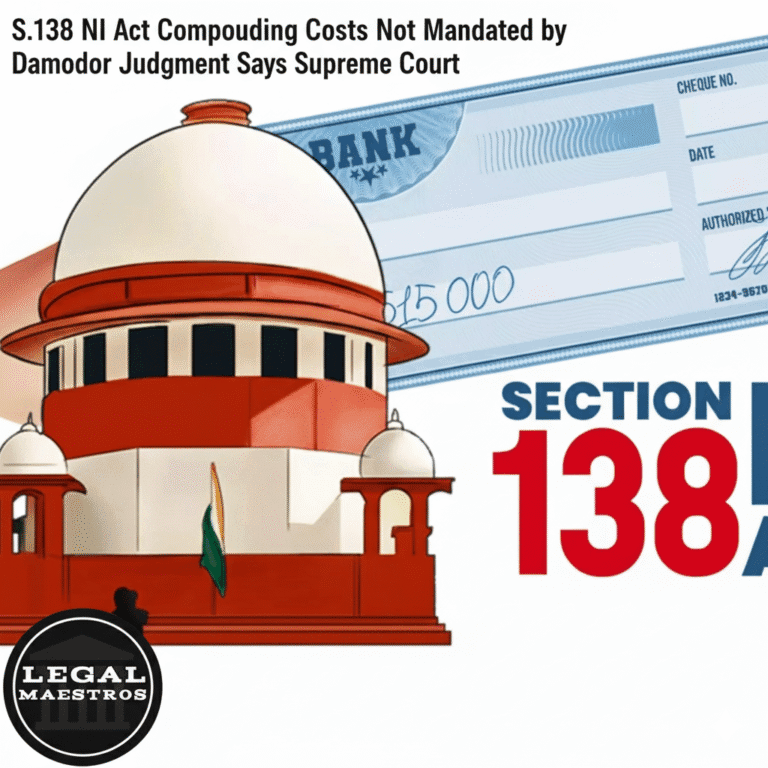
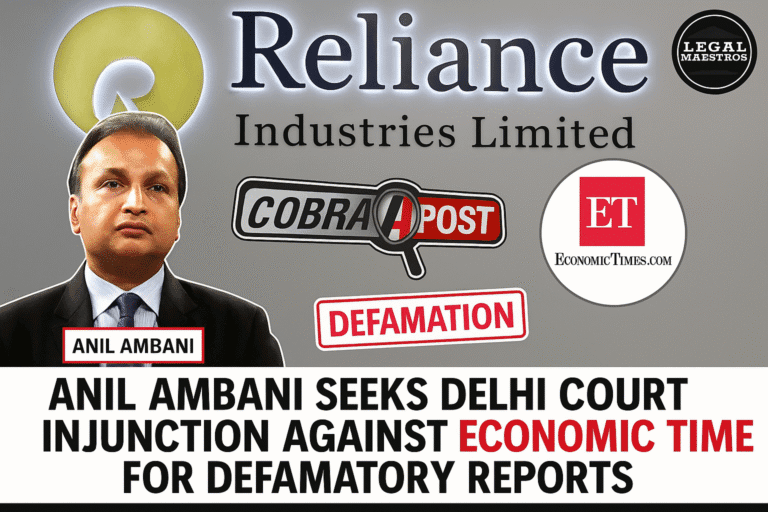
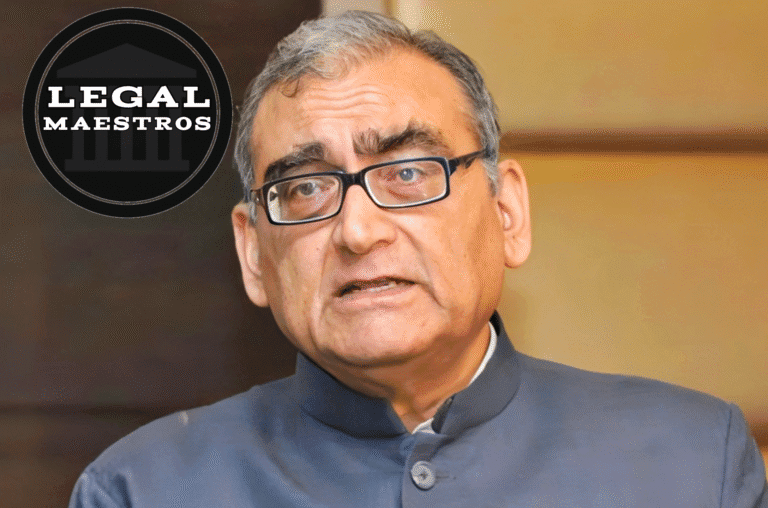
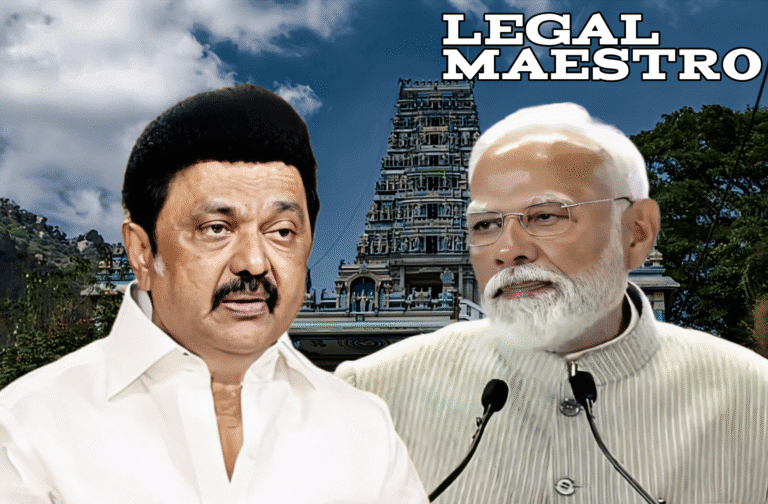
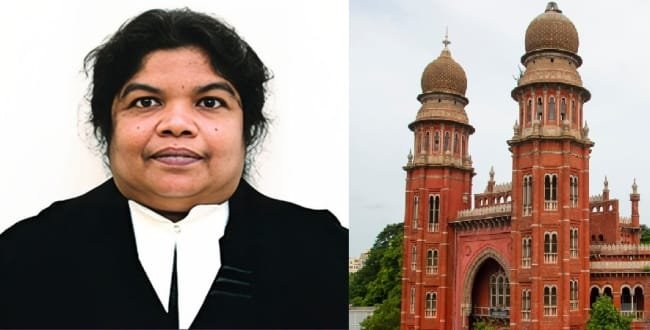
1 thought on “Breach of Contract in Bollywood: A Contractual Analysis of Maddock Films’ Bhool Chuk Maaf Dispute with PVR Inox”